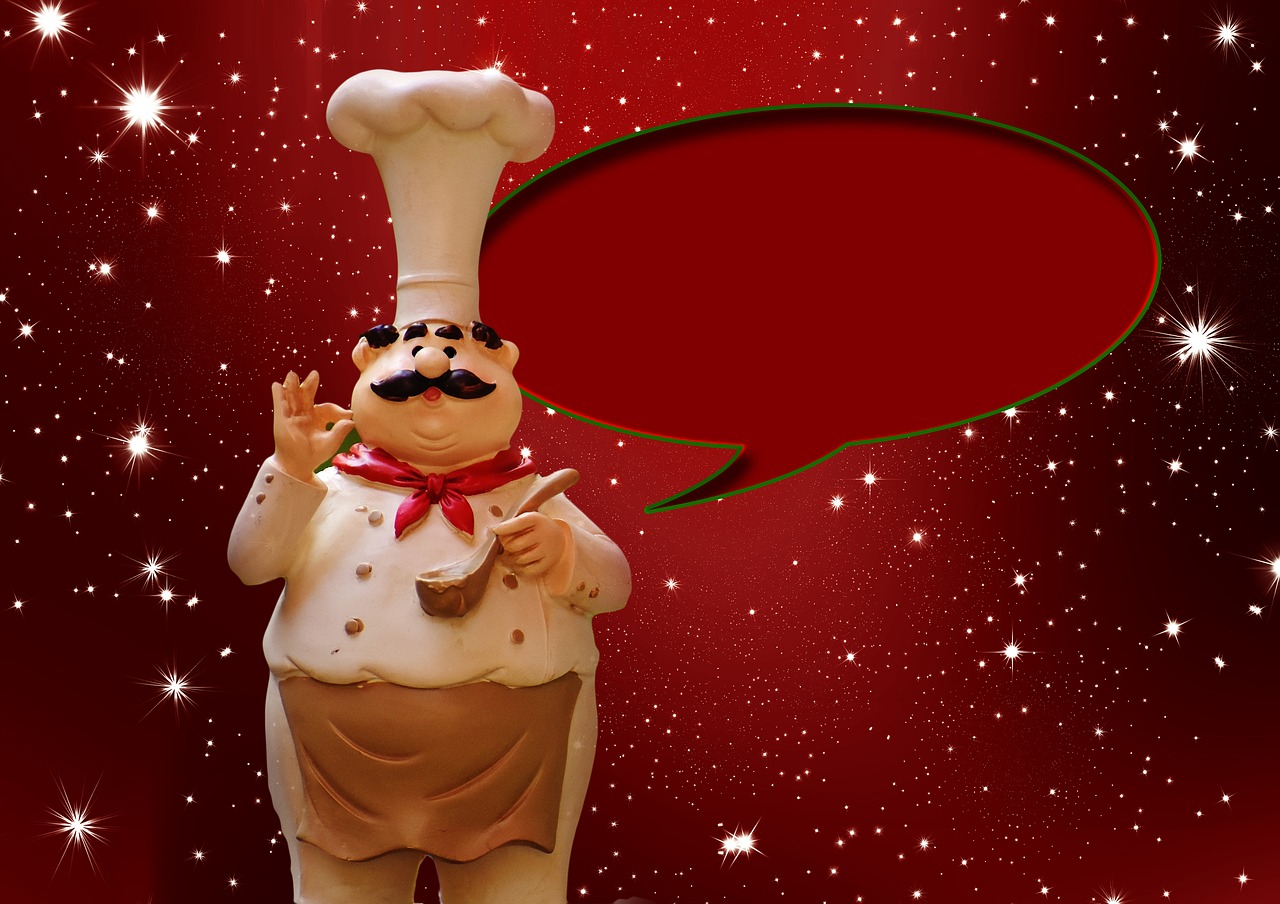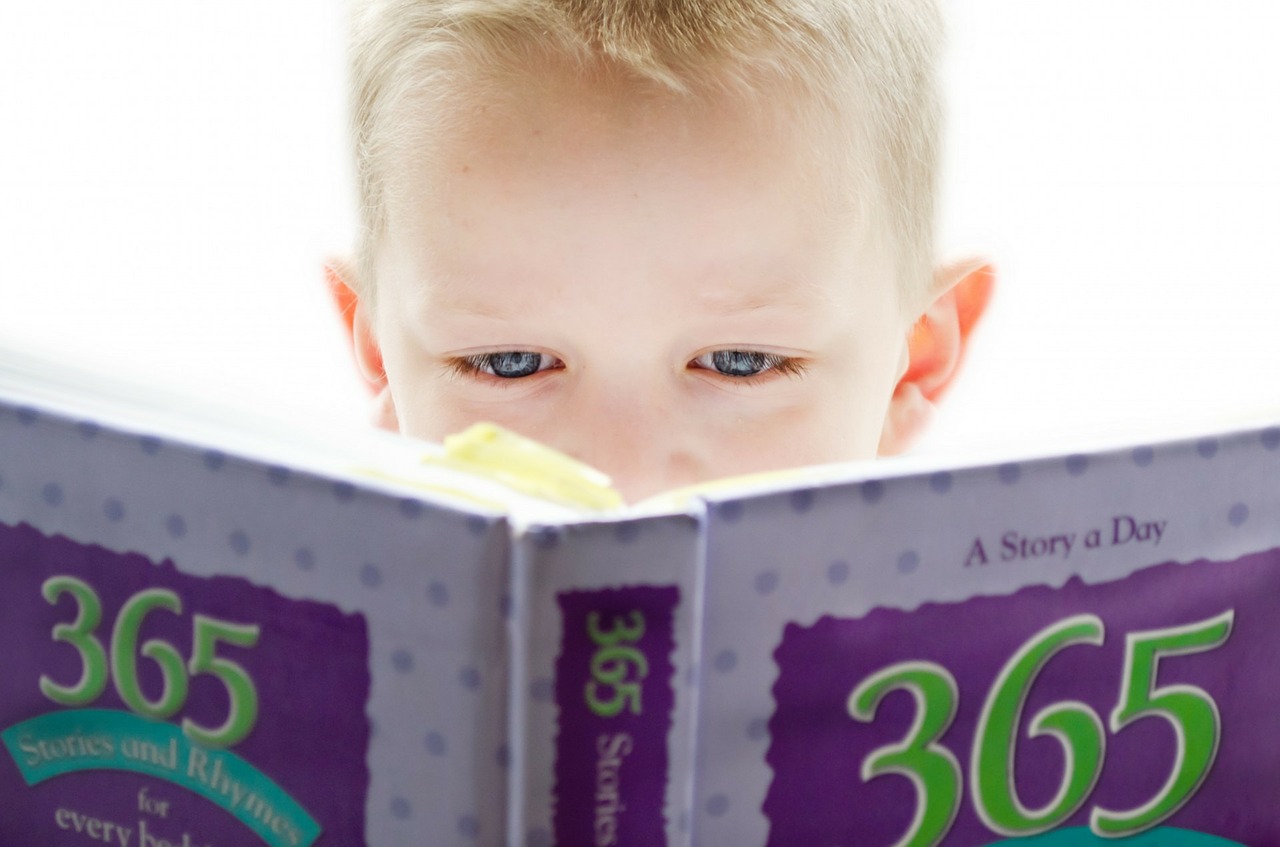6 Ways I Increased My Writing Income! – by Isabel Järnström

Limiting myself to one topic, pitching one idea at a time, and ignoring what happened outside my niche was bad for my writing career…

Limiting myself to one topic, pitching one idea at a time, and ignoring what happened outside my niche was bad for my writing career…

As a writer with over 700 articles, essays, poems, columns, and blog posts published and paid for, I can attest that THIS WORKS!

Remote (paid!) internships can be a great way to make some extra money, as well as build up your portfolio and market your skills! Here’s how to get started!

Read the top 3 winning stories of the Summer ’18 contest, and register for the Fall contest, which will be on September 15, 2018!

Here are five practices and principles I follow to earn more, and learn more (year after year) as an entrepreneur.

I followed the directions from one company, Leap Greetings and, within a week, I had sold my first inspirational verse (less than 30 words) for $75!

Instead of collecting money thru donation jars for your charity, consider publishing and selling a book.

I would love to publish a book of my short stories but I have no idea what the proper steps are…

Cold pitching can be a successful method for gaining new clients – if it’s done right.

I started out just wanting to help the elderly. But, that led to my articles getting published!!